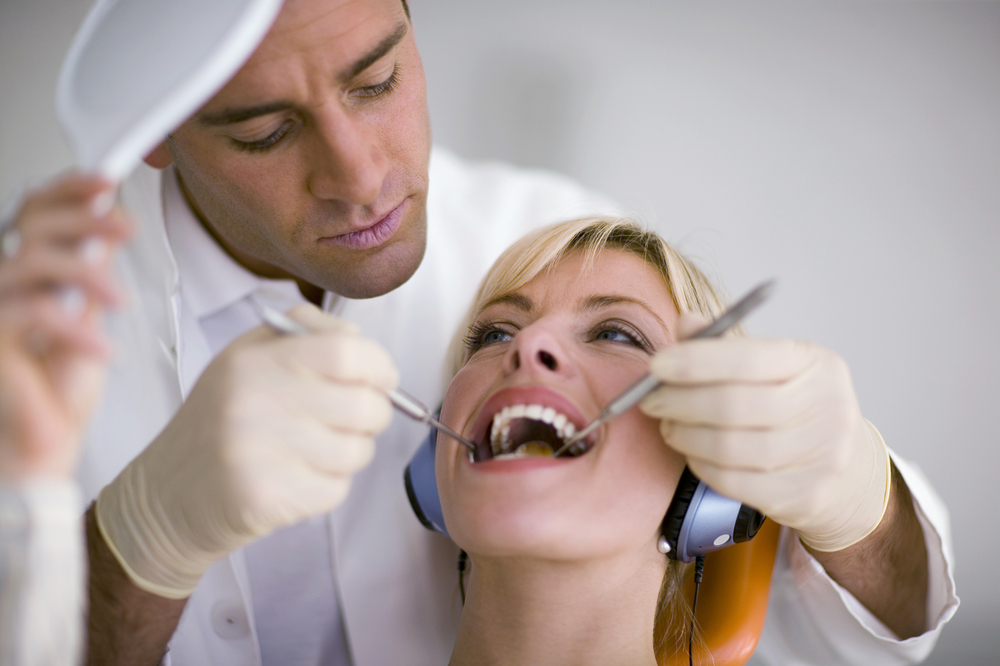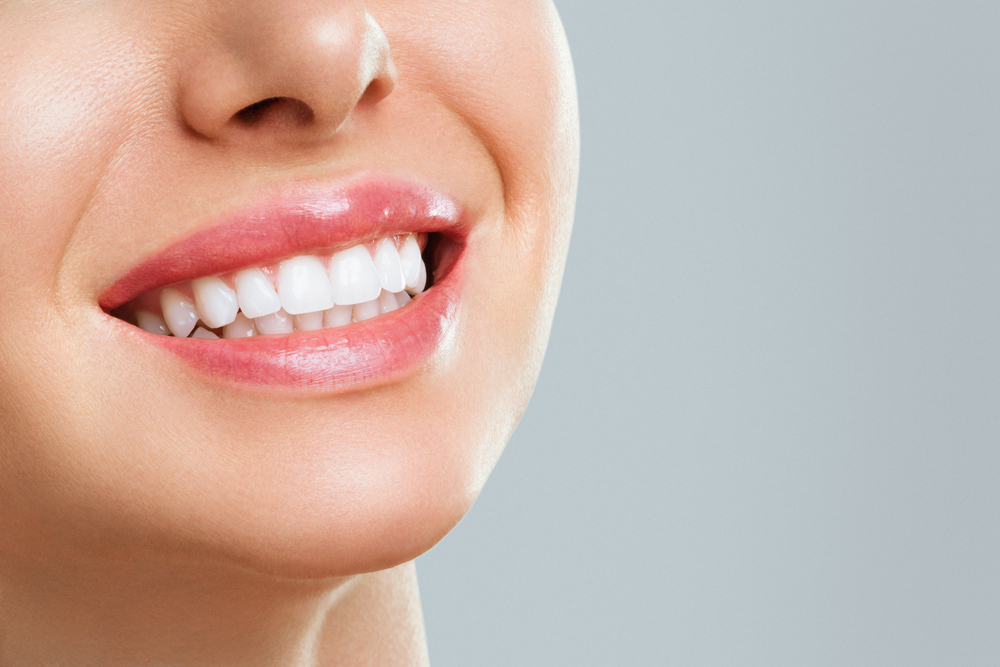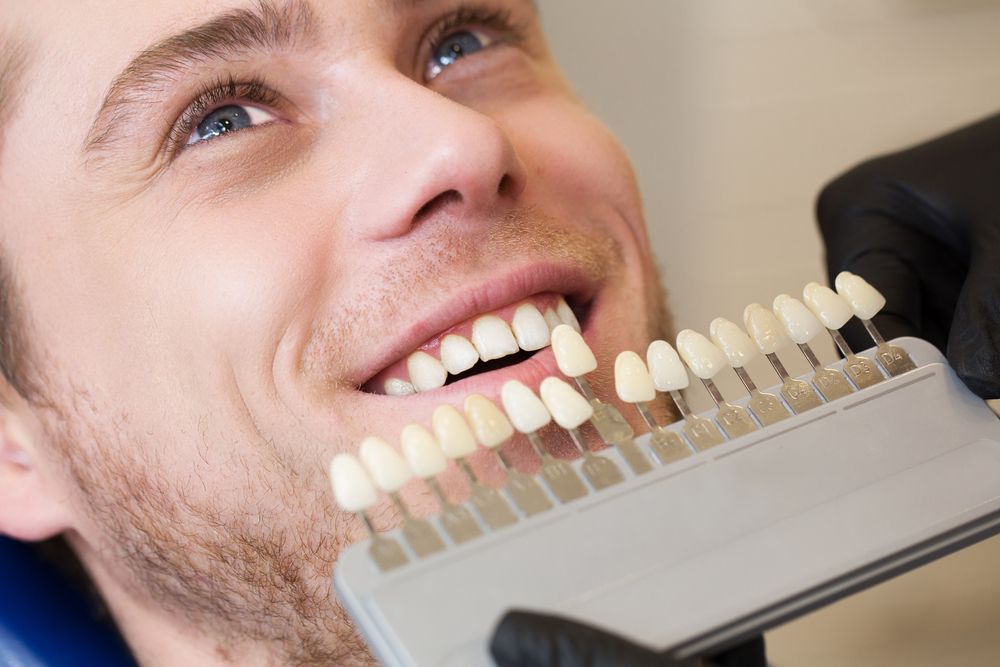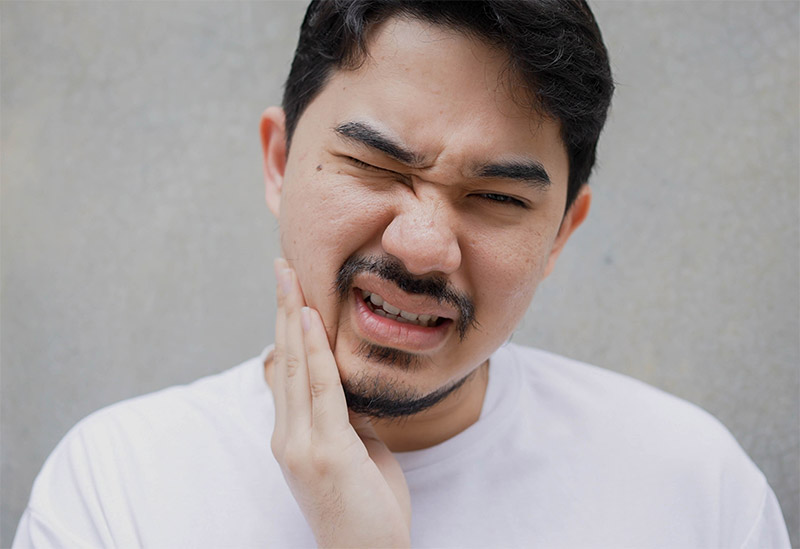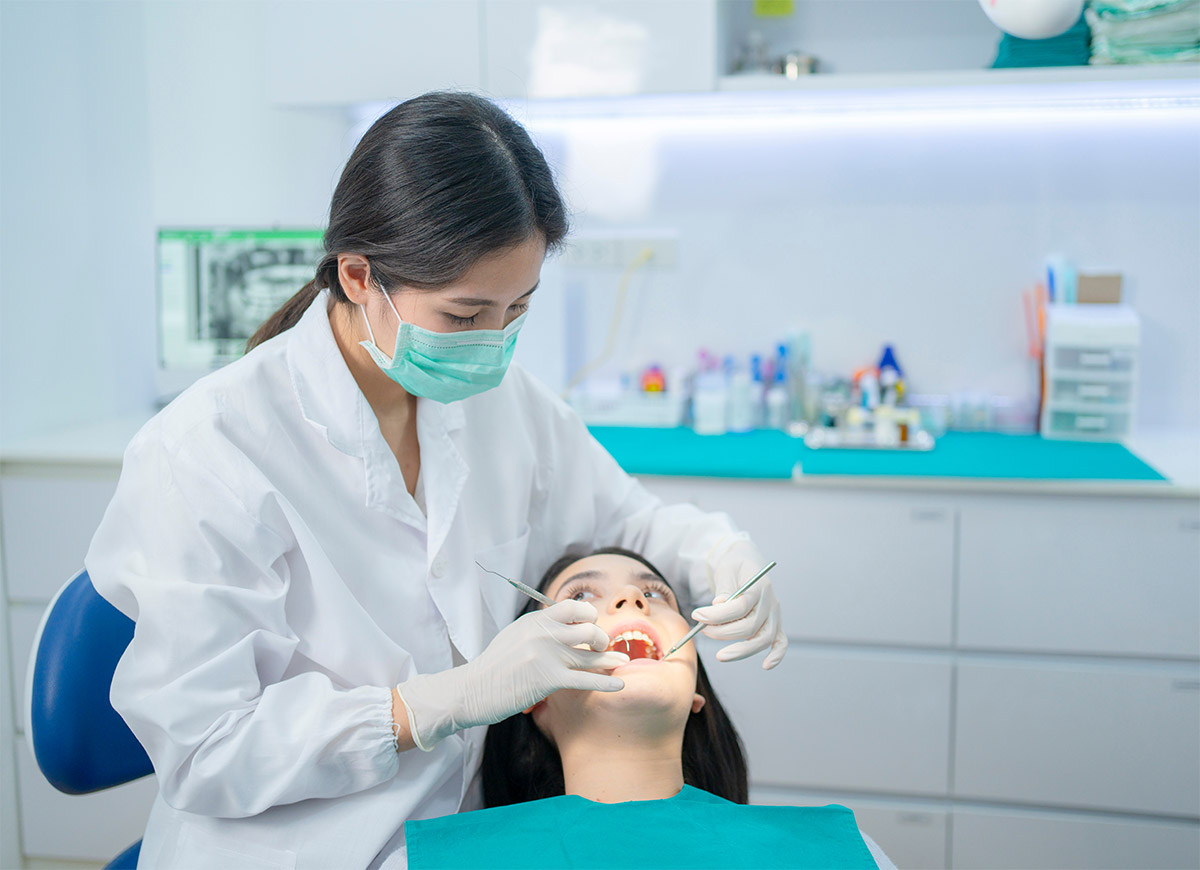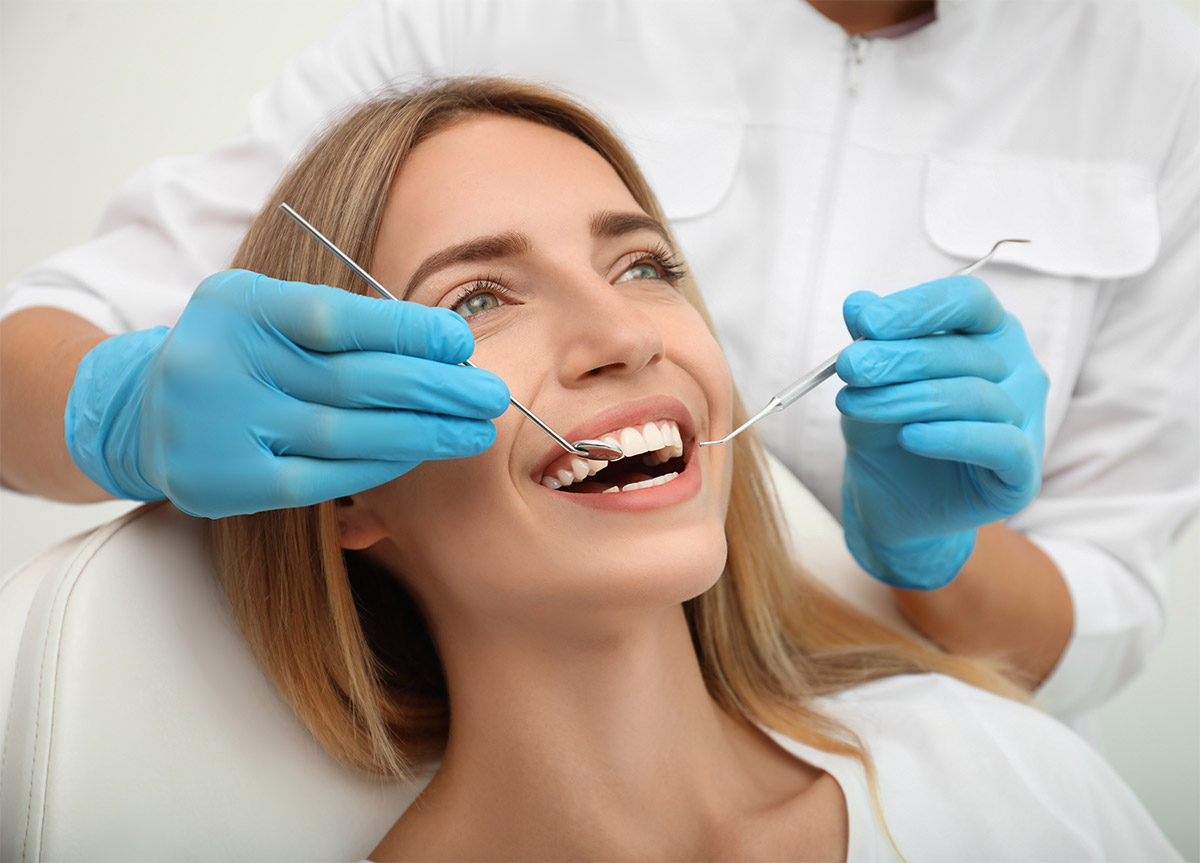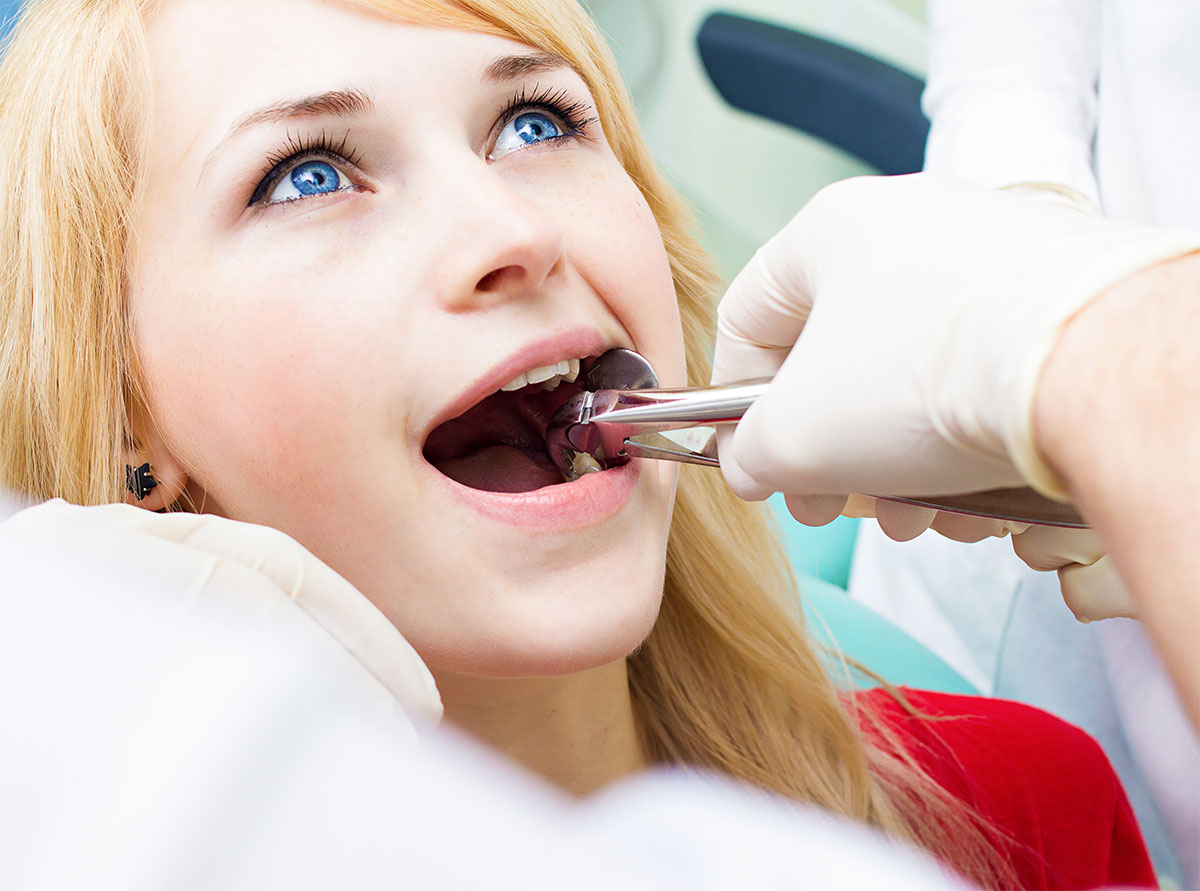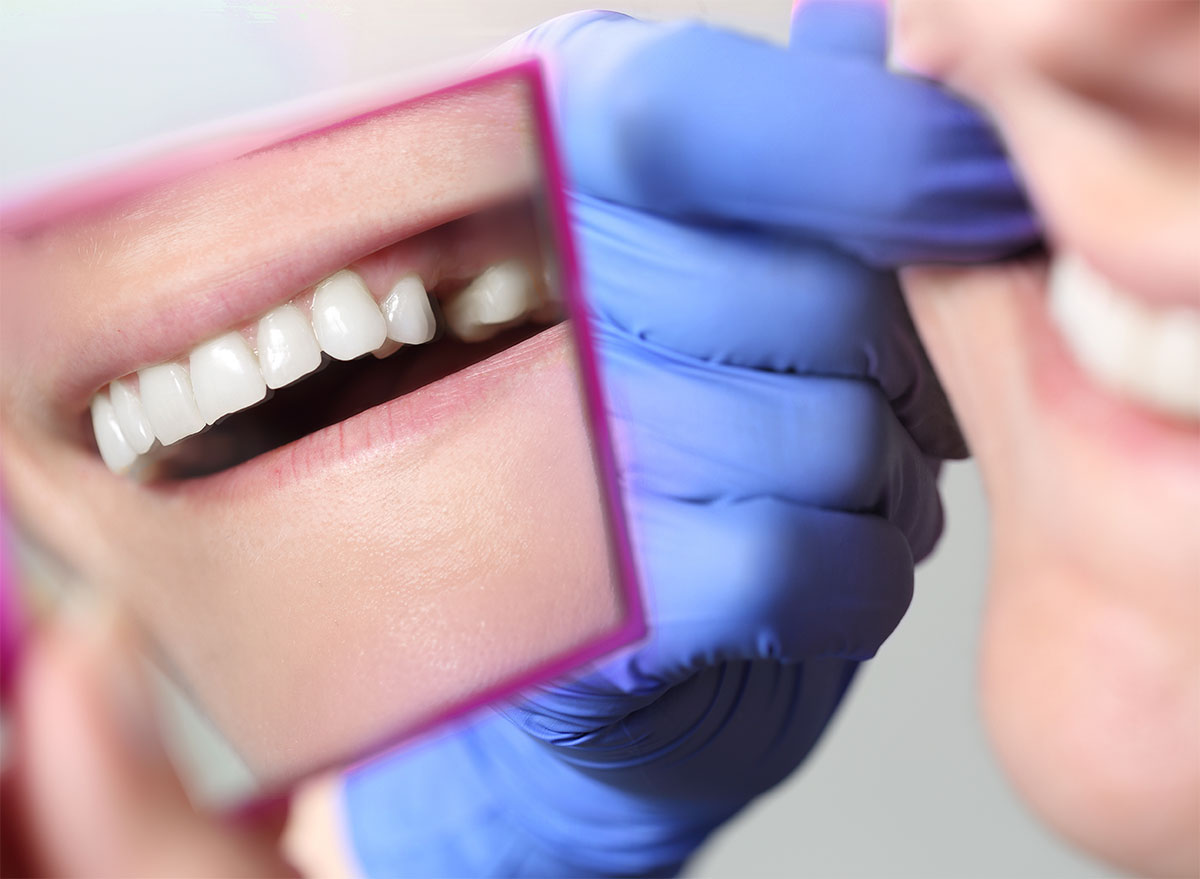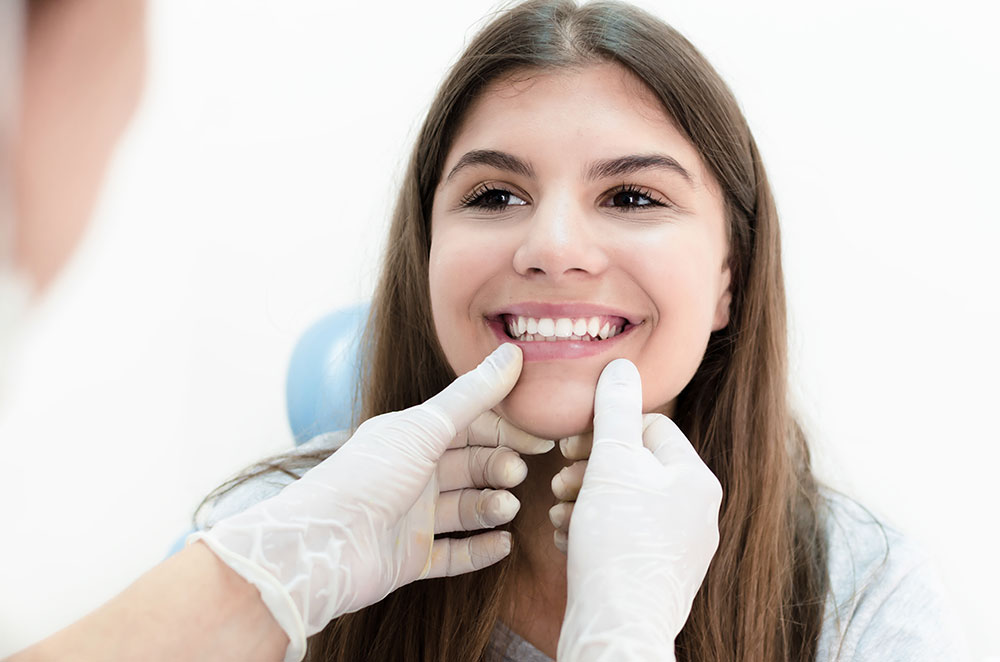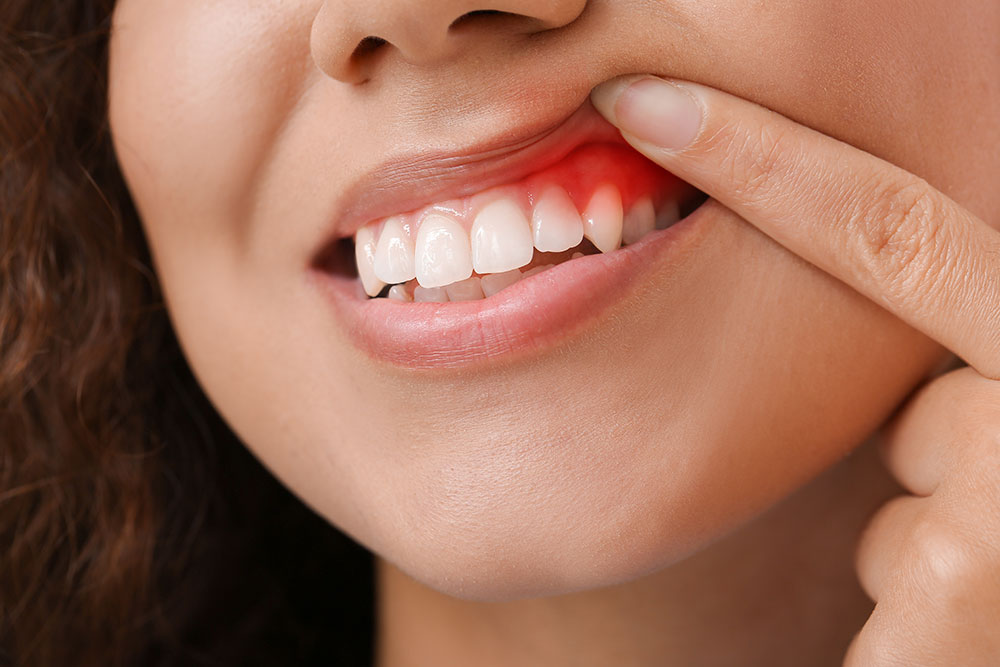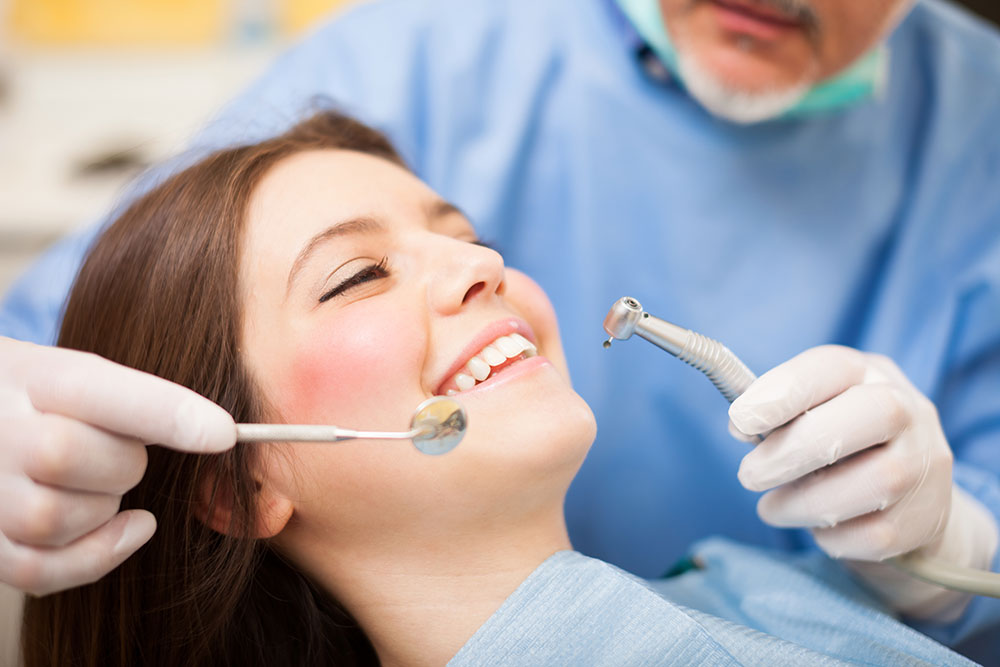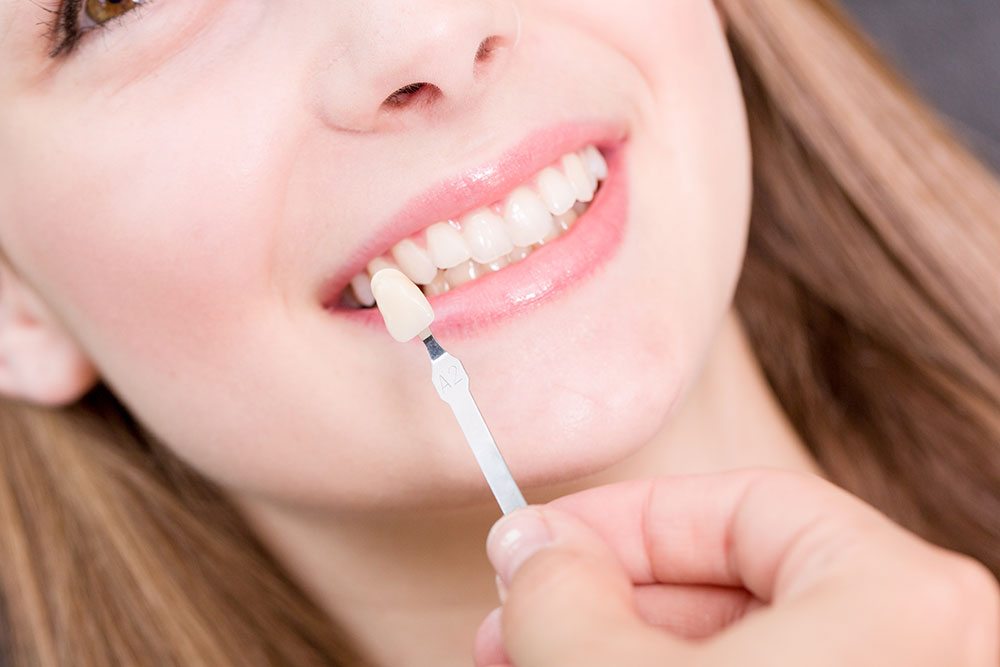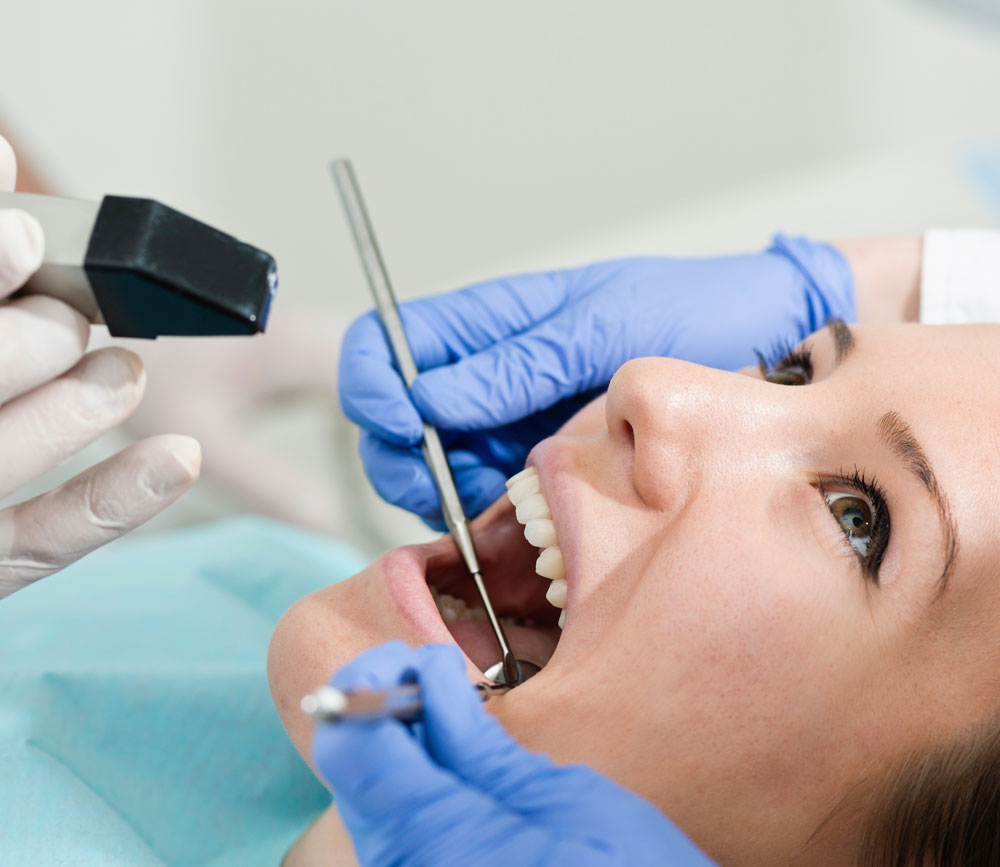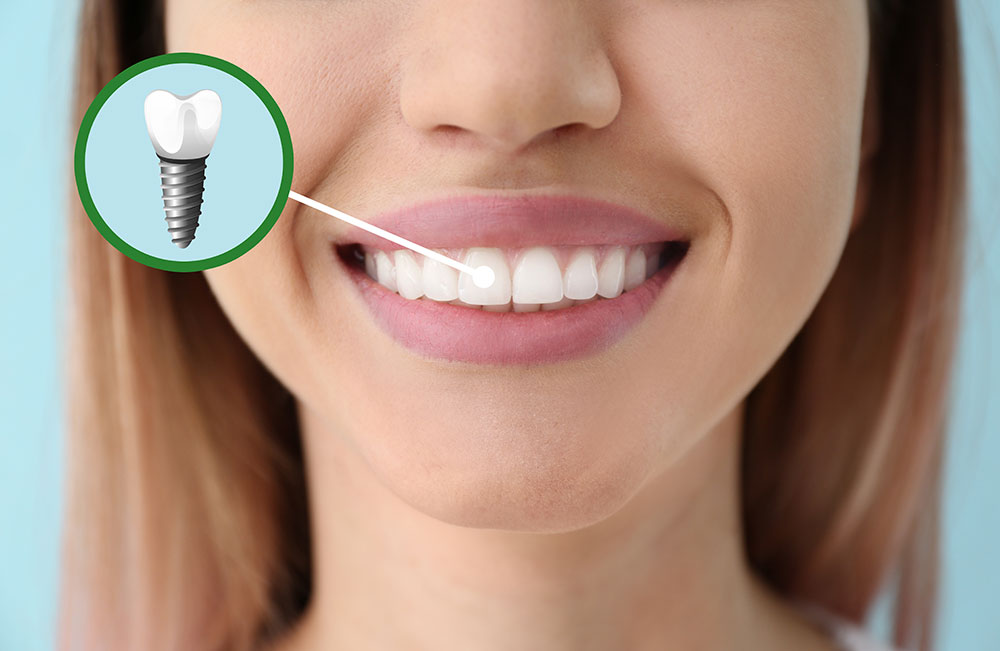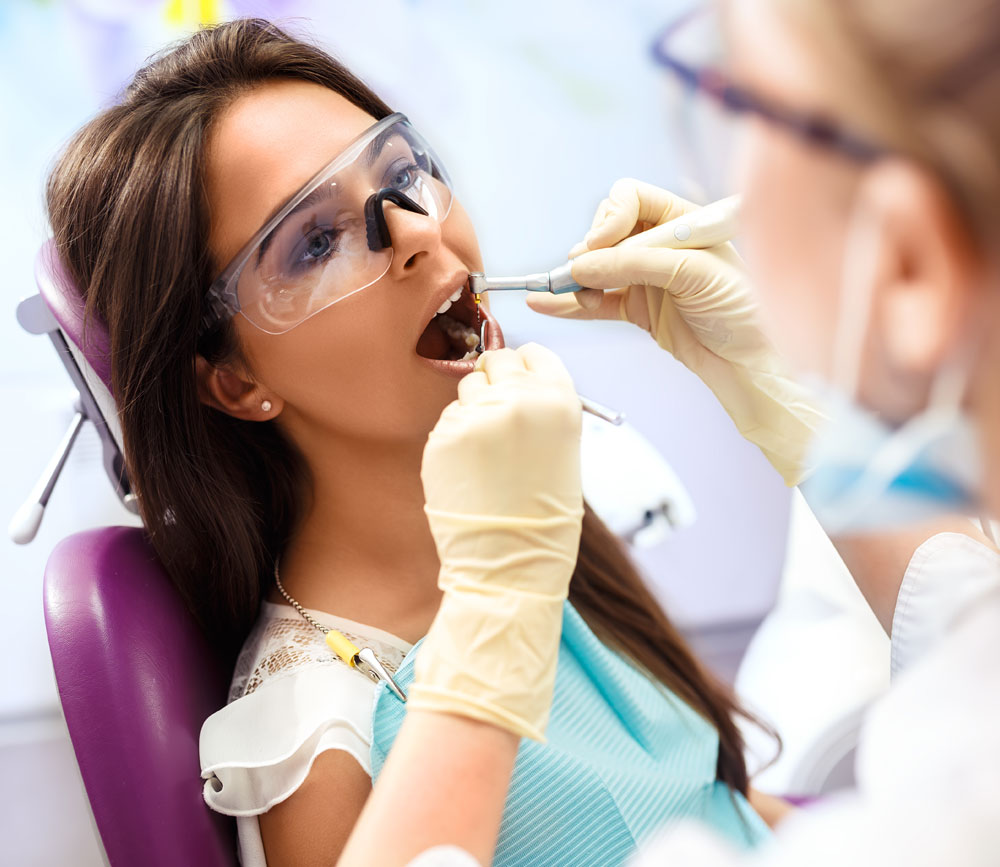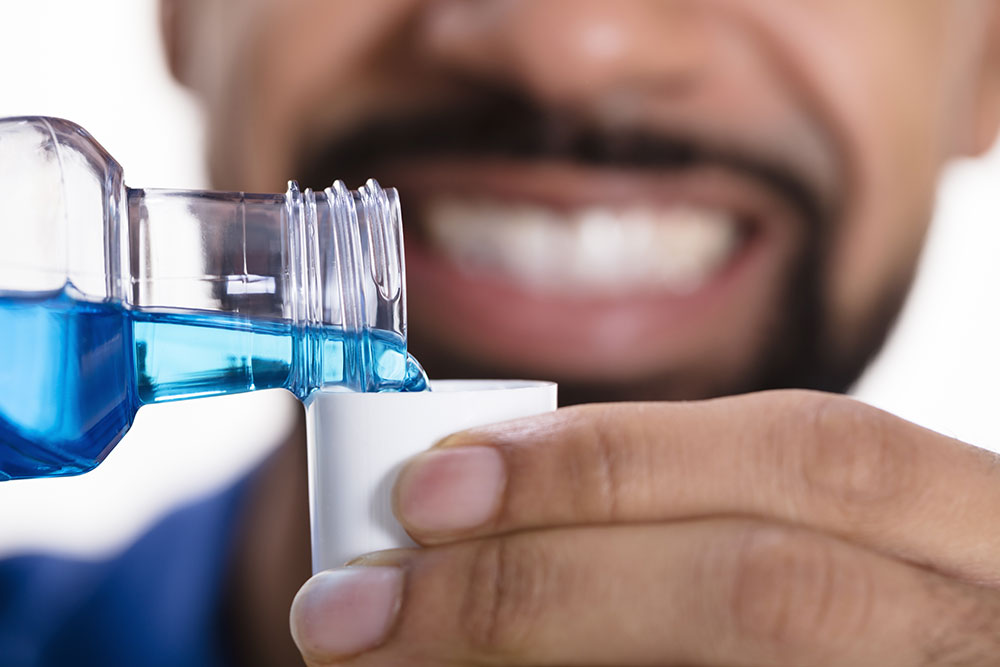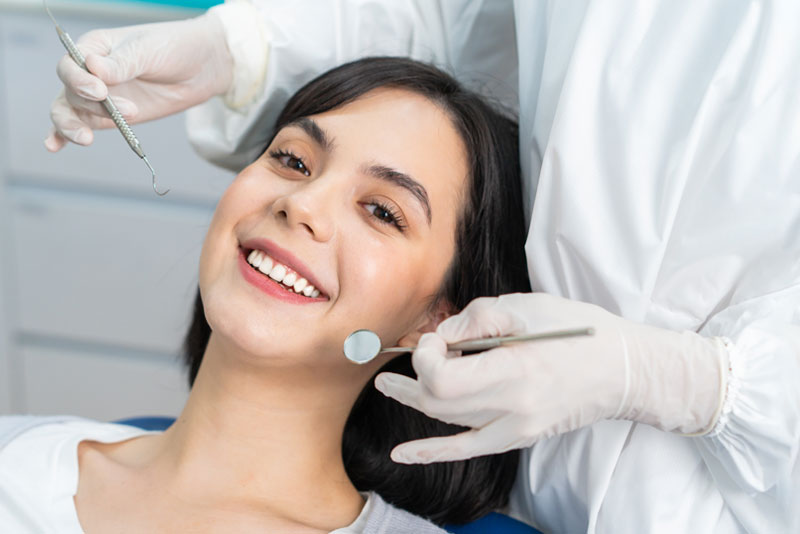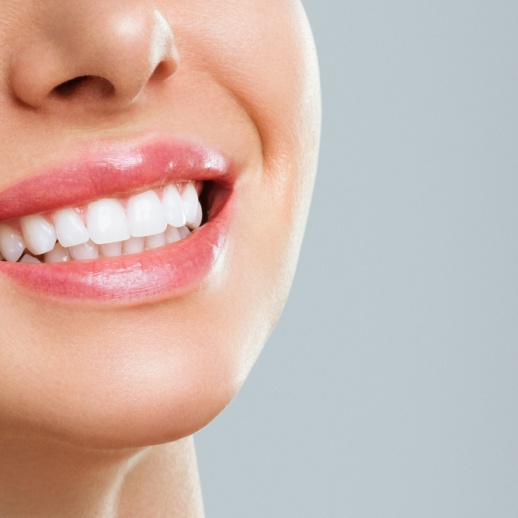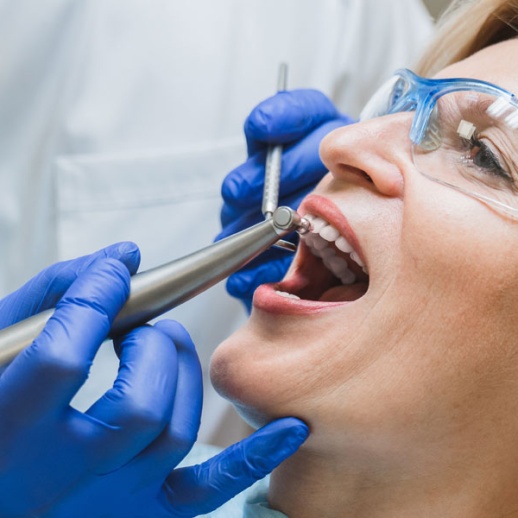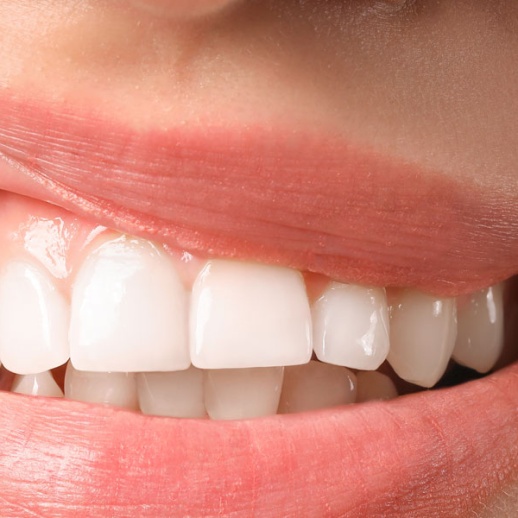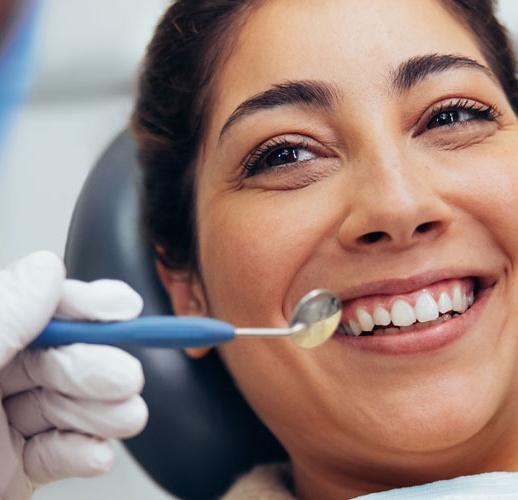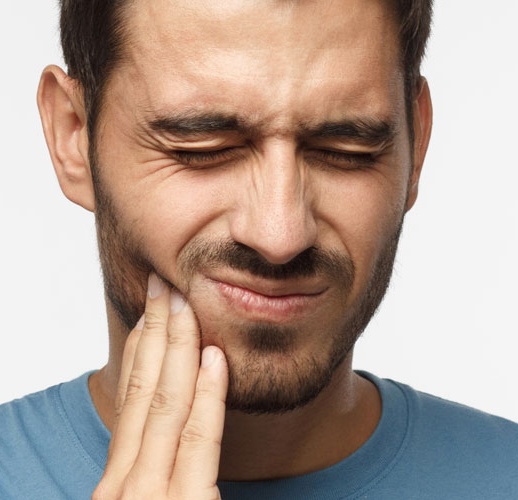
Debunking Dental Myths: Separating Fact from Fiction
Debunking Dental Myths
Myth 1: Sugar Is the Main Cause of Tooth Decay
Many people believe that sugar is the sole culprit behind tooth decay. While sugar does play a role, it’s not the only factor. Tooth decay is primarily caused by harmful bacteria in the mouth that feed on sugars and produce acids that erode tooth enamel. Proper oral hygiene, regular dental check-ups, and a balanced diet are essential to preventing decay.
Myth 2: You Don’t Need to See a Dentist Unless You Have Pain
One of the most dangerous dental myths is that you should only see a dentist when you experience pain. In reality, many dental issues, like cavities and gum disease, can be painless in their early stages. Regular dental check-ups help catch problems early, preventing the need for more extensive and costly treatments later on.
Myth 3: Flossing Is Not Necessary
Some people underestimate the importance of flossing in their oral hygiene routine. However, flossing is crucial for removing food particles and plaque between teeth where toothbrushes can’t reach. Skipping flossing can lead to gum disease and cavities in these hard-to-reach areas.
Myth 4: Teeth Whitening Weakens Your Teeth
Professional teeth whitening, when done under the guidance of a dentist, is safe and effective. It does not weaken your teeth or damage enamel when performed correctly. Over-the-counter or homemade remedies, on the other hand, can lead to enamel erosion if used improperly.
Myth 5: Baby Teeth Don’t Matter
Some believe that baby teeth aren’t essential because they eventually fall out. However, baby teeth serve as placeholders for permanent teeth, guide their eruption, and aid in speech and chewing development. Neglecting baby teeth can lead to long-term oral health issues.
Myth 6: You Should Rinse After Brushing Your Teeth
Contrary to popular belief, it’s best not to rinse your mouth immediately after brushing. Rinsing with water right away washes away the fluoride in toothpaste, which is crucial for strengthening enamel and preventing tooth decay. Instead, spit out excess toothpaste and let the fluoride work its magic.
Myth 7: Dental Health Is Separate from Overall Health
Lastly, the myth that dental health is unrelated to overall health is far from true. Poor oral health has been linked to various systemic conditions, including heart disease, diabetes, and respiratory infections. Caring for your teeth and gums isn’t just about a beautiful smile; it’s an integral part of your overall well-being.
Unlocking the Secrets to a Healthy Smile: Schedule Your Appointment with Kenmore Smiles Family Dentistry Now!
